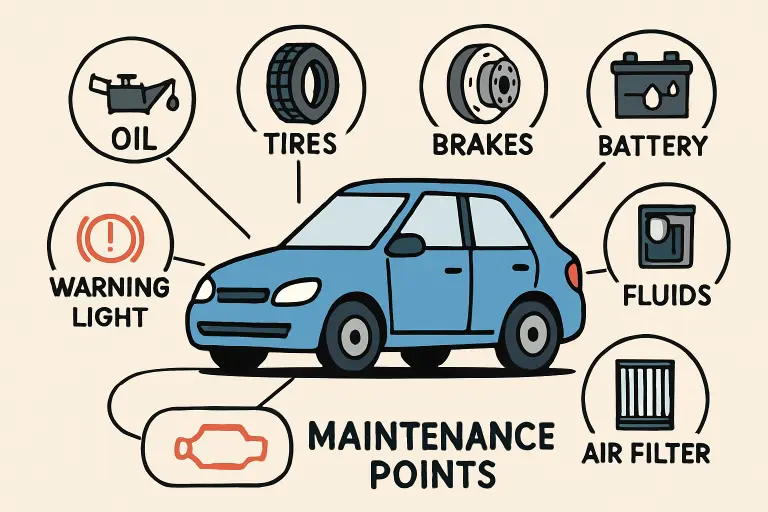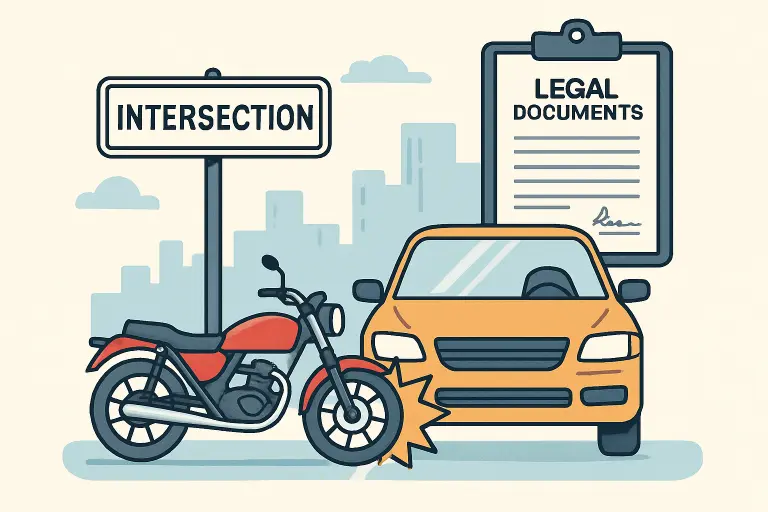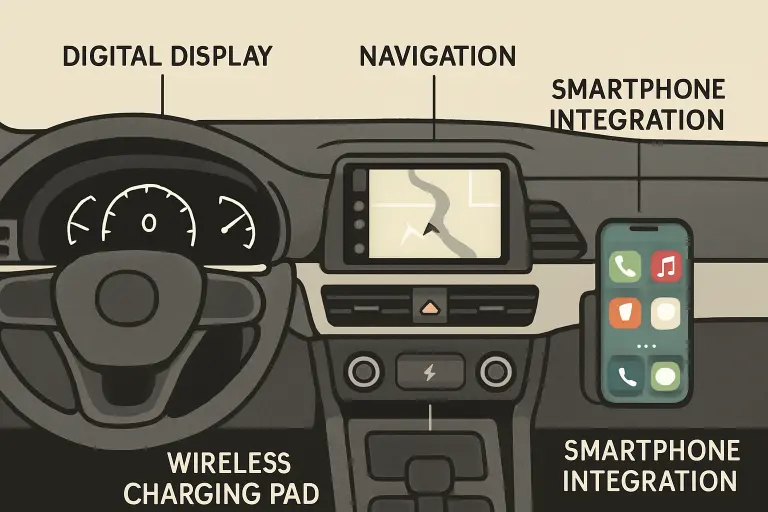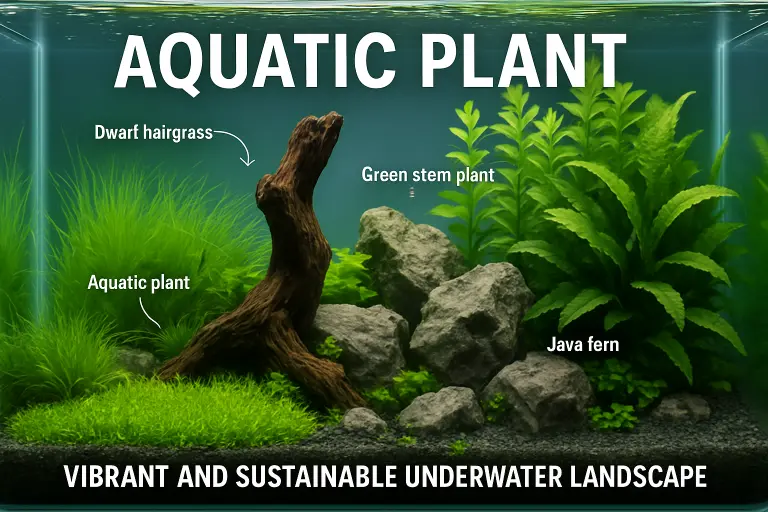Asphalt is often mistaken for a bad environmental choice, but it’s a GREEN product. It’s 100% recyclable and requires much less yearly maintenance than concrete.
Government environmental agencies highly regulate asphalt plants and utilize multiple emission control systems. However, a pavement’s context can influence its use phase impact on fuel consumption.
Table of Contents
It’s 100% Recyclable
Asphalt is 100% recyclable, meaning every bit of material melted down to make new pavement can be recycled and repurposed. That’s why it’s the most recycled product in North America — even more than paper, glass, and aluminum combined!
However, this recycling doesn’t just help the environment. It also saves money, as using reclaimed materials costs less than buying brand-new ingredients for your next project.
The scientists experimented to examine the effects of temperature on asphalt. They discovered that asphalt releases a significant and varied range of organic compounds into the atmosphere, which heavily relies on the temperature and surrounding environment. Some of these compounds can condense into secondary organic aerosols, which react to form tiny particles called PM2.5 — one of the most dangerous types of air pollution for human health. The emissions increased more when the asphalt was heated under bright sunlight. They were also higher in areas with high traffic volume.
It’s Smoother
Asphalt is smoother than other paving materials, which allows vehicles to travel more easily. Asphalt paving near me is good for driver safety and reduces fuel used to overcome the friction between tires and pavement.
Asphalt also reduces road noise, a major source of pollution that can distract drivers and cause stress. A study found that a slight improvement in pavement smoothness can cut truck fuel consumption by 4.5 percent. The savings could add up to millions of gallons of gasoline annually across the country.
The environmental impact of asphalt is further reduced by using warm & cold mixed asphalt that requires lower temperatures for mixing and installation, which cuts down on the emissions and greenhouse gasses produced by traditional asphalt mixes. Furthermore, using porous asphalt reduces runoff, further reducing environmental pollution. In addition, asphalt is more resilient and will last longer than other paving materials. This translates into less maintenance and repairs, saving even more money in the long term.
It’s More Durable
Asphalt is more durable than concrete and less likely to fail under heavy traffic loads if maintained properly. Asphalt pavements also require less resurfacing over time, saving money and energy.
Unlike many other types of paving materials, asphalt is less hazardous to the environment during production. Government environmental agencies highly regulate asphalt mixing plants to ensure they do not pose harmful air or water pollutants to the surrounding towns and areas.
However, asphalt is not without its impact on the environment. According to researchers, asphalt releases large quantities of organic compounds into the air when exposed to heat and sunlight. These emissions can cause smog formation and health problems, especially in urban communities with little tree cover.
It’s Less Expensive
Asphalt is more cost-effective than concrete and can pave various surfaces, including driveways, sidewalks, and parking lots. It is also more environmentally friendly since it requires less energy and can be recycled and reused. Additionally, porous asphalt allows oxygen and water vapor through and helps with natural drainage reducing the need for expensive repairs or replacements due to flooding or erosion.
While asphalt paving is less expensive than other options, it does require regular maintenance to keep it in good condition. However, unlike gravel paving which can be difficult to maintain, asphalt is quick and easy to repair. It is also cheaper and easier to transport, requiring less fuel than other types of pavement. Furthermore, new warm-mix technology further lowers production and placement temperatures, reducing fuel consumption and greenhouse gases. The environmental impact of asphalt is still a concern, as it releases toxic emissions into the air on hot and sunny days.




























































































































































































































































































































































































































































































































































































































































































































































































































































































































































































































































































































































































































































0